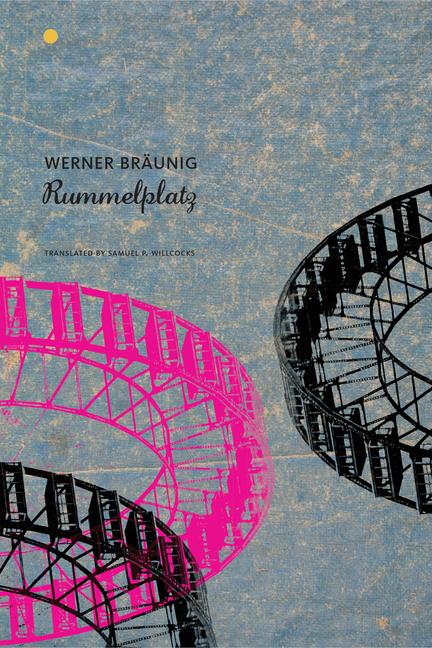
Zustellung: Do, 23.01. - Mi, 29.01.25
Versand in 3-4 Wochen
VersandkostenfreiBestellen & in Filiale abholen:
"Rummelplatz, " a novel of epic proportions, focuses on those whose lives are connected to Wismut, East Germany s notorious uranium mine, run by the Soviet and supplying the brotherland with much-needed uranium for its atomic programme. The mine attracts war veterans, fortune-seekers and outsiders like Peter Loose (in effect the author s alter ego), who had a difficult childhood and an SS-member father. Although these workers are well remunerated the local paper factory suffers as a result life in the mine is bleak. Safety provisions are almost non-existent and there are inadequate tools with which to work. The only outlet for the mine s workers are the bars and fairground where copious amounts of alcohol are consumed and the usual fights ensue. In brief, Wismut emerges as a microcosm of the nascent society that was East Germany. Suppressed by the East German censorship authorities in 1965, "Rummelplatz" paints characters as intrinsically human, and by the end the author asks all of them the salient question: What is left behind when a worker dies? His work? Braunig believes that there is no one, no matter how poor, who does not leave something behind. Following his tragic premature death at the age of 42, he himself has left more than most."
Mehr aus dieser Reihe
Produktdetails
Erscheinungsdatum
15. Mai 2016
Sprache
englisch
Seitenanzahl
544
Reihe
The German List
Autor/Autorin
Werner Bräunig
Übersetzung
Samuel P. Willcocks
Verlag/Hersteller
Produktart
gebunden
Gewicht
836 g
Größe (L/B/H)
236/156/45 mm
ISBN
9780857423054
Bewertungen
0 Bewertungen
Es wurden noch keine Bewertungen abgegeben. Schreiben Sie die erste Bewertung zu "Rummelplatz" und helfen Sie damit anderen bei der Kaufentscheidung.

































